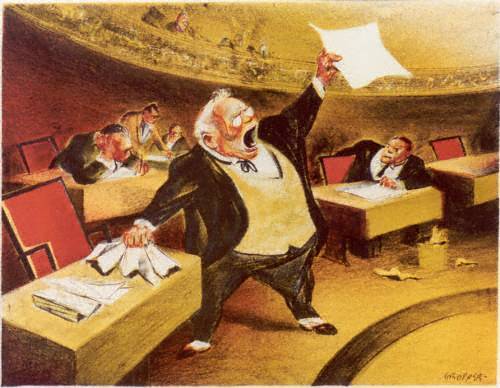So, as we stated before, previous-like, back in the day, the month of August is our official Drug Extravaganza. Welcome!
In more or less 30 days we hope to at least peripherally cover more or less 30 years of the War on Drugs. It’s interesting to note that the term “war on drugs” wasn’t coined until pretty late in the game. We’ll get to that in a week or two.
 Link
Link
While there’s an aspect of history lesson in this whole presentation, we’re going to keep it light and fun. As you can see, the year up in the subject line of this post is 1969. We know that the drug war didn’t really start then so we’ll sum it up for you. This is bitten from Wikipedia but in my own words.
Regulation of illegal drugs, or psychoactive substances (basically) began in the United States in the early 1880′s when the US and China agreed to stop the shipments of opium between the two countries. This all happened after the opium wars between China and England. You can obviously go check out the wiki about the opium wars if you want to, but what happened was that China tried to enforce the laws against trading opium with Britain. Britain reacted by beating the piss out of them in a heroin-induced frenzy. Here’s a quote:
By the 1830′s, the English had become the major drug-trafficking criminal organization in the world; very few drug cartels of the twentieth century can even touch the England of the early nineteenth century in sheer size of criminality. Growing opium in India, the East India Company shipped tons of opium into Canton which it traded for Chinese manufactured goods and for tea. This trade had produced, quite literally, a country filled with drug addicts, as opium parlors proliferated all throughout China in the early part of the nineteenth century. This trafficking, it should be stressed, was a criminal activity after 1836, but the British traders generously bribed Canton officials in order to keep the opium traffic flowing. The effects on Chinese society were devestating. In fact, there are few periods in Chinese history that approach the early nineteenth century in terms of pure human misery and tragedy. In an effort to stem the tragedy, the imperial government made opium illegal in 1836 and began to aggressively close down the opium dens.
Link
So while most people think it was the British fighting a war against Chinese importation of opium, it was actually the British themselves who were importing the opium to China, and then balling out financially from said trade.
So, fast forward 50 some odd years and America has agreed with China to stop any opium trade, because by this time it has become popular enough in China that they’re growing it (I guess). Another 50 years would see Americans dealing with prohibition.
[youtube]http://www.youtube.com/watch?v=Wqid7KvEKi0[/youtube]
And so that’s that… Just before prohibition, the United States had convened an organization which would sign the first international drug treaty, the International Opium Convention. That convention would be responsible for the first regulation of marijuana as a drug. That brings us to about 1969, the year in our subject line. You should be just about all caught up. If you’re not go read all these joints.
Now fortunately for us, a Google search revealed a very necessary timeline from PBS Frontline. Therefore, we will be using this timeline as a guide for the rest of the month.
| Late 1960s |
 |
Recreational drug use rises in U.S. In late 1960s recreational drug use becomes fashionable among young, white, middle class Americans. The social stigmatization previously associated with drugs lessens as their use becomes more mainstream. Drug use becomes representative of protest and social rebellion in the era’s atmosphere of political unrest. |
Link
It’s ’69, baby! A time when pills were a-popping, and titties were a-swinging. Hendrix is at Woodstock and everybody is having a totally groovy time, or about to be anyway.
A drug subculture involving the use of marijuana and other hallucinogenic drugs began to emerge in mainstream American society in the late ’60s and was loosely associated with an overall atmosphere of political protest concerning the Vietnam War and civil rights.
Link
[googlevideo]http://video.google.com/videoplay?docid=-3981364972665945187&q=jimi+hendrix+woodstock+duration%3Along&total=10&start=0&num=10&so=0&type=search&plindex=1[/googlevideo]
As far as protest and drug use goes, well there are a few interesting links out there that point to how it was in the late 60′s. Here is a list of 60′s protest songs. Here’s a good article about the Berkeley in the 60′s. And here’s a good link to the Hate-Ashbury gallery that mnp published on months ago.

Yeah, so, everybody was having a good time right? Well things were about to get hairy. Stay tuned.













